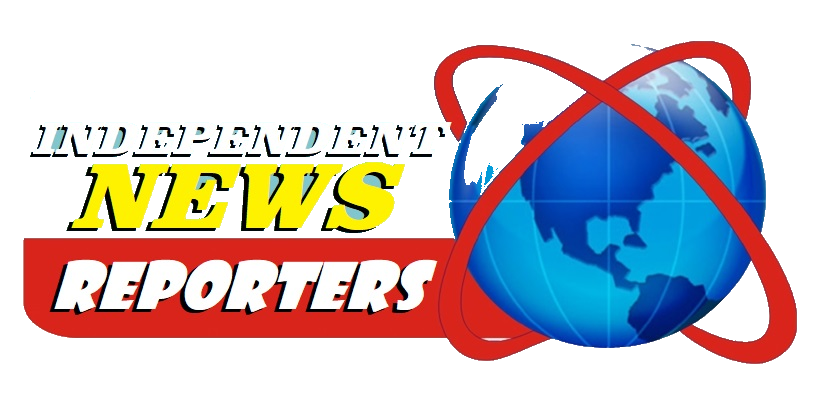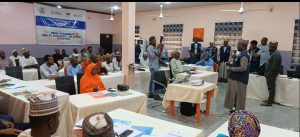By Uche F Uche, Damaturu.
The World Health Organization has called on media practitioners to be proactive in reporting health emergency issues especially, epidemic prone diseases in other to ensure quick intervention to save lives.
This is the outcome of a 3-day workshop organized by Yobe state ministry of health in collaboration with the World Health Organization (WHO), to train media personalities; media journalists and social media influencers.
Participants were drawn from different media organisations such the print, television, radio and social media who converged at the Sand Dunes hotel in Damaturu, Yobe state from the 12th to the 14th of April. 2023.
While introducing the objectives and expected outcome of the workshop, Kingsley Igwebuike, a representative of WHO for the northeast of Borno, Adamawa and Yobe state respectively, said the aim of the workshop to enable the media men to improve their skills beyond mere information reporting to health behaviour outcome reporting.
The training, he added, is meant to improve lifesaving information on the part of the participants so as to enable at-risk populations to take informed decisions to protect themselves from disease infections.
Presentations were made by qualified instructors that includes Dr. Habeeb O. from World Health Organization, Professor Joe Wilson and Professor Danjuma all from the university, of Maiduguri, Dr. Marcel Mbamalu, former Chief Editor of the Guardian newspaper, and Chima Ochemba of the WHO.
It was noted during the workshop that some of the hindrances to taking effective measures in both preventive and curative activities includes traditional believes among people, lack of early warning report especially on the part of the media and delay in taking actions on the part of the government which leads to delay in taking the necessarily interventions to save lives.
The participants were therefore urged on the importance of steadfastness in risk communication, having been enlightened, through the workshop on how to recognize the symptoms of epidemic prone diseases, to call the attention of people at risk persuading them to take the necessary actions that would save their lives and that of their loved ones.
Efficient distribution of information, it raises awareness to reduces the spread of the diseases in the society.



